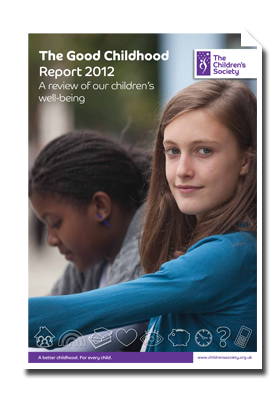well-being (1)
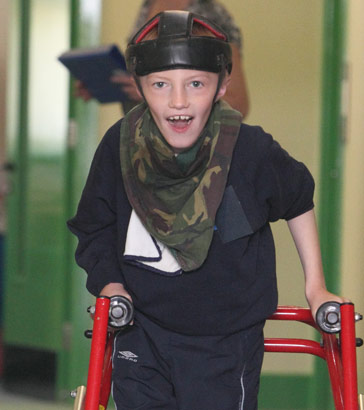
Monitoring and evaluating your work to improve emotional wellbeing within the whole school relates directly to the Ofsted Evaluation Schedule (January 2012).
The Ofsted Evaluation Schedule includes four judgements to be made and the four graded judgements will determine the overall effectiveness of a school.
There are four judgements are:
- Achievement;
- Teaching;
- Behaviour;
- Leadership and management (including social, moral, spiritual and cultural development).
- School and education are key factors that influence children's well-being;
- More than 80% of the children it surveyed said that 'it was very important for them to do well in
their school work'.
- 7% of children do not feel safe at school;
- Three-fifths of these children are unhappy with their school life as a whole.
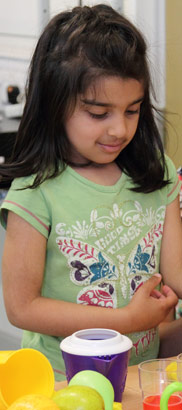
There were six policy priorities highlighted by the Good Childhood Report.
It said children should have:
- The right conditions to learn and develop;
- A positive view of themselves and an identity that is respected;
- Enough of the items and experiences that matter to them;
- Positive relationships with their families and friends;
- A safe and suitable home environment and local area;
- The opportunity to take part in positive activities that help them thrive.
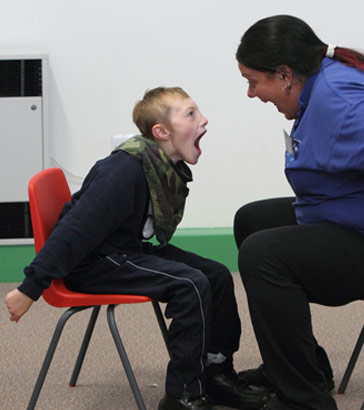
The key evaluation questions arising from the framework for inspection which relate to monitoring emotional wellbeing and behaviour are:
- Does the school have robust systems in place to ensure the most vulnerable child is protected from harm?
- Is there a range of measures taken to ensure all pupils can communicate, show or say they feel safe in school?
- Are parents and/or carers regularly asked their views about how safe they feel their child is at school?
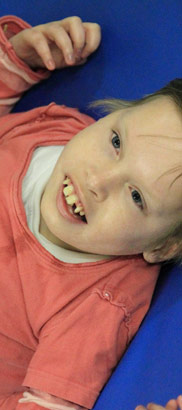
The evaluation questions that teachers needs to ask about policy and practice, to ensure that everyone in the school is treated with respect are:
- How does the school measure and keep account of pupils development in building and maintaining relationships – from a significant adult to a wider circle?
- Are logs for bullying kept up-to-date and do records show the impact of subsequent action?
These questions are important from a school perspective in relation to monitoring emotional wellbeing. They are also critical in relation to Ofsted's new evaluation schedule.
How might you implement some of their recommendations?
In particular, examine the six policy priorities, and see how you could use these as indices of emotional well-being?
